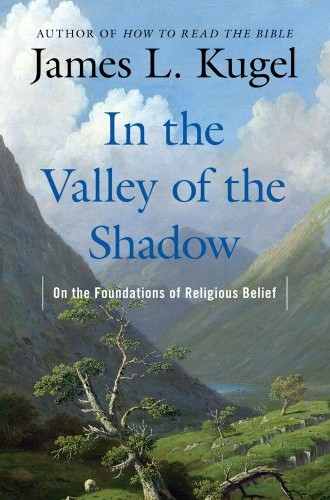Into starkness
Dramatic conversion stories are the exception, not the rule,
in the life of faith. Coming to faith usually involves a gradual adjustment of
one's vision and habits, rather than the kind of dramatic turnaround described
in those oft-sung words of "Amazing Grace": "I once was lost, but now am found,
was blind but now I see." Life is rarely so black and white.
Yet there are moments in every life of faith when the
choices one faces seem absolute and when the difference between the road taken
and the one not taken looks black and white: it's faithfulness or betrayal,
integrity or chaos, blessing or curse, mercy or condemnation, the life that is
eternal or the death that is eternal. The difference may be recognized only in
retrospect, and experienced only internally, yet there is no getting around its
decisive significance. If faith is never part of a desperate, decisive
struggle, then perhaps one hasn't yet fully entered into the religious life.
Bible scholar James L. Kugel notes that "starkness" is a
basic feature of the Bible. Many psalms, for example, describe a world
"stripped down to the essentials, right and wrong, good and evil, following God
or going astray." He points out that the book of Proverbs divides the world
into the righteous and the wicked, and in the book of Deuteronomy God sets
before people the choice of life or death.






